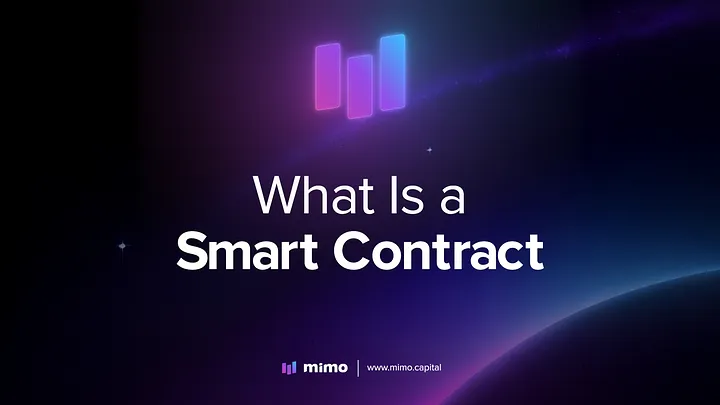What Is a Smart Contract

Traditional contracts lack the ability to enforce their terms independently. Therefore, intermediaries like governments are required to supervise the fulfillment of these terms and ensure that all parties involved complete their part of the contract.
So what happens if one of the parties violates the contract’s terms? To address the breach, the parties would need to rely on an intermediary, which can be slow and expensive.
There must be a better solution, right?
The Solution
Thanks to the recent developments in blockchain technology, you no longer need to depend on a third party to oversee the fulfillment of a contract’s terms. Instead, you can use smart contracts, which will immediately enforce the agreed-upon terms as needed.
It all started in 1994, when cryptographer Nick Szabo designed a protocol for defining and enforcing transaction terms. As opposed to conventional contracts, Nick’s invention made it possible to enforce any contract’s terms automatically.
Now let’s take a closer look at smart contracts and how they work.
What They Are
A smart contract is a computer program that’s hosted on a blockchain network. It’s a core component of blockchain systems like the Ethereum blockchain.
Every smart contract holds a set of instructions that define the conditions that result in predefined outcomes once they are met. It enables multiple participants to reach their shared objective in a precise, quick, and secure way using decentralized blockchain systems.
This technology provides a distinct infrastructure for automation because it’s not managed by a central authority or vulnerable to a single point of failure. Furthermore, smart contracts minimize risks, increase transparency, and reduce costs.
How They Work
Smart contracts use if-then logic to perform actions. Once the necessary contract specifications are met, the contract is executed.
The simplest smart contract example is a vending machine. As soon as you provide the requested amount of money and select a beverage, the machine serves that beverage. The terms of the contract are clear, and the fulfillment of the transaction occurs on its own.
Every smart contract is usually dedicated to a particular action, but we can also combine multiple smart contracts to achieve more complex goals. With this ability, decentralized apps (dApps) were made possible, and thus, the usability of smart contracts was extended significantly.
While there’s a great variety of dApps available today, we would point out decentralized exchanges, which allow different parties to exchange their crypto assets using smart contracts.
Additional smart contract use cases include the following.
- Financial services
- Digital Identity
- Supply chain management
- Asset ownership
- Retail
There are also many smart contract programming languages, such as Solidity, which is used on the Ethereum network. Blockchain developers use these languages to create smart contracts and host them on the blockchain network.
Published version: mimolabs.medium.com/what-is-a-smart-contract
Task: Explain core crypto concepts in a series of 500-word Medium posts.
Client: Mimo Labs (PAR Euro stablecoin, MIMO governance token)